‘Brushing’ Is The New Scam You Need To Watch Out For. Here’s What You Need To Know.
Is anyone else sick to death of scams?
I mean, scams are everywhere.
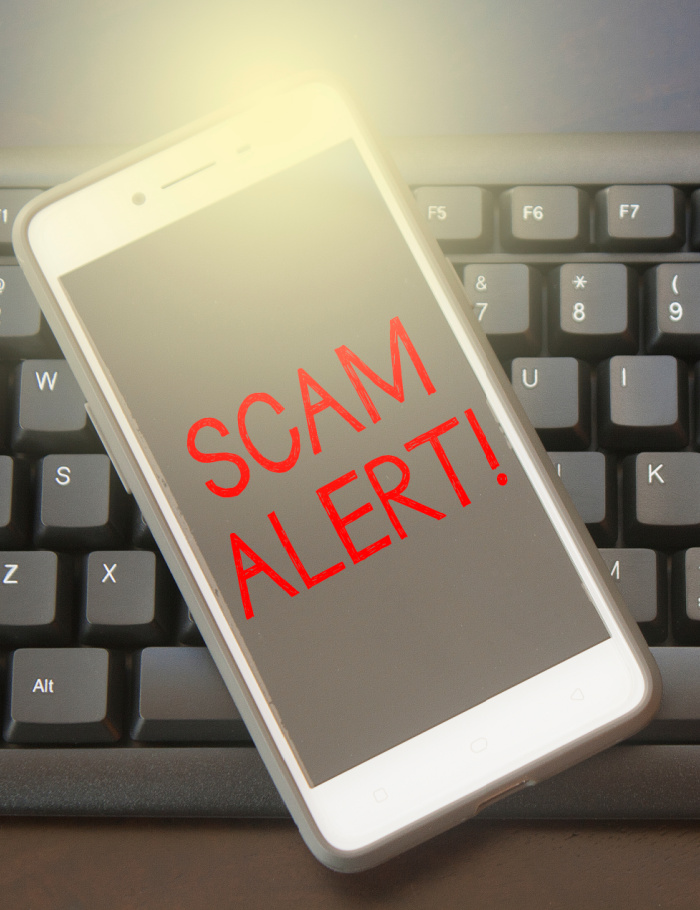
We need to second guess everything we say, do, click on, watch, listen to, or call for fear that those scammers are going to get to us, and steal our personal information — or worse yet — our money.
Now, there is yet another scam that we need to watch out for: Brushing.
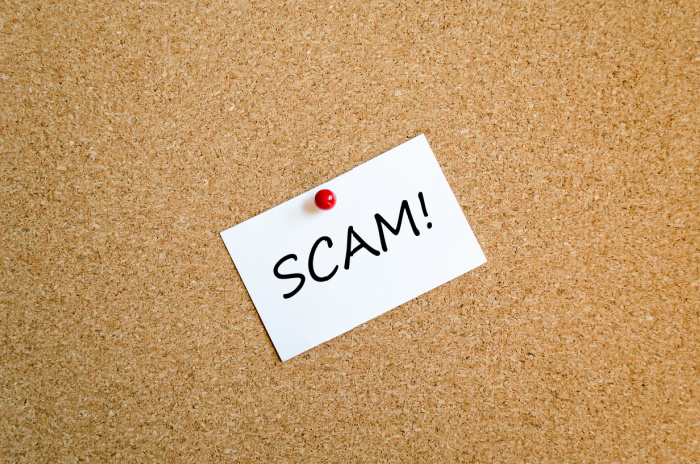
What Is Brushing?
Brushing involves the mail — snail mail, if you will.
We all love to receive mail.
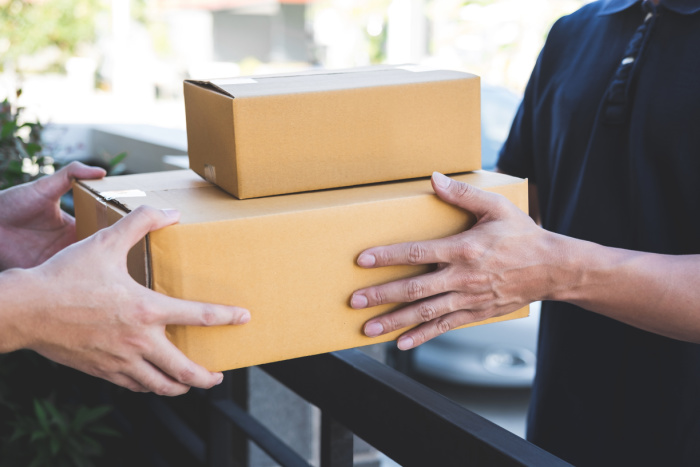
Except for junk mail. We hate to be inundated with piles and piles of junk mail.
But, we love to go to the mailbox, and find packages.

Amazon, anyone?
HOWEVER, if you go to the mailbox, and there is a package there that you don’t remember ordering, slow your roll before you start jumping for joy.

Why Are Scammers Using Brushing?
Scammers are now sending out packages — often small junk — to random addresses, and the reason is kinda crazy.
Usually, the package will be delivered to an individual — like, it will be addressed to someone specific — but oftentimes, there won’t be a return address, or the return address will be random and obscure.
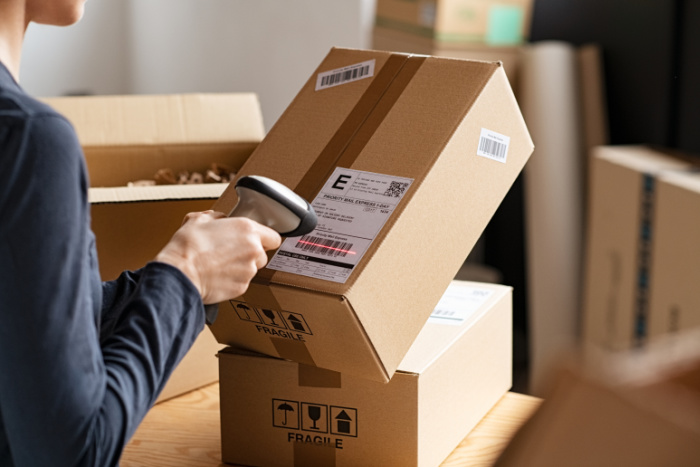
Scammers usually find your address online, and will send you one of these brushing packages.
The point of these packages?
The intent is for it to look like the recipient actually ordered the package through a company — like Amazon.

That way, the scammer can use the address of the recipient as a “verified purchase,” and can leave fake reviews of the product — thereby boosting their ratings with the company.
Boosting their ratings makes these companies seem more legit, and they can get more sales and higher numbers.
Brushing is illegal in the United States, but that doesn’t mean that it won’t happen.

What Should You Do If You Are A Victim Of Brushing?
Don’t sign for any package that you didn’t order.
Never, ever pay for the merchandise, even if you are being bullied into doing so.
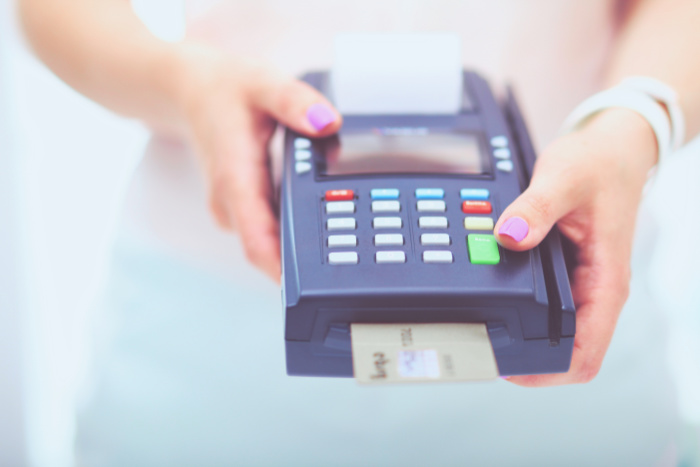
If the package happens to have a return address, mark it “return to sender,” and get rid of it.
Already opened the package? There’s not much you can do.
It isn’t illegal to keep the merchandise, but it could mean that your personal information is compromised.

Make sure you change the passwords on your accounts so the scammers can’t get in and get more of your information.
If this “free” merchandise comes from Amazon, eBay, or some other third-party seller, go to that company’s website and file a fraud report.
Make sure you ask the company to take down any fake reviews under your name.







